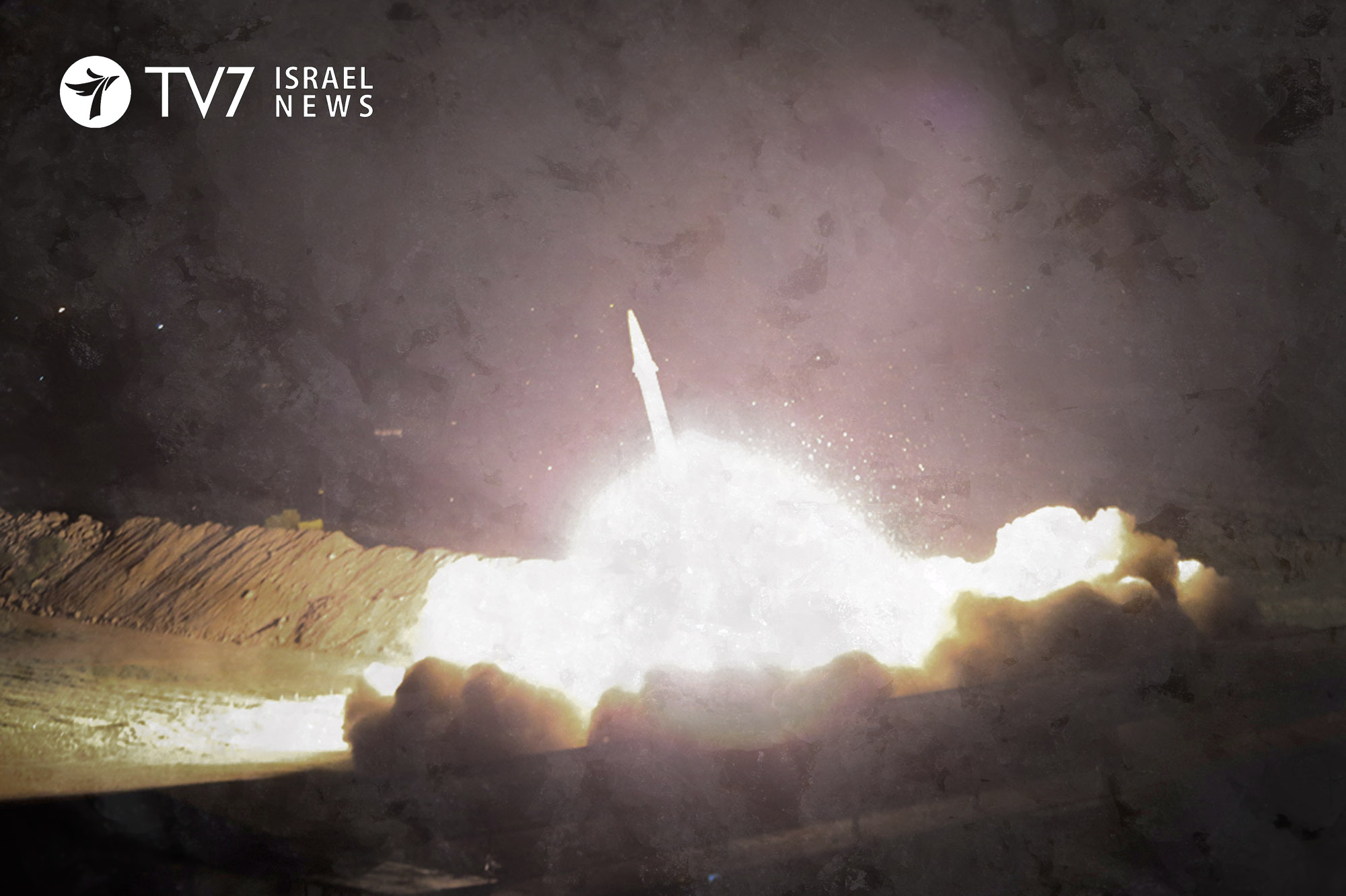The Islamic Republic of Iran fired six ballistic missiles toward eastern Syria, aiming to target facilities of the Islamic State, which Tehran holds responsible for attacks on its capital last week, which claimed the lives of 18 Iranians. The Iranian Revolutionary Guard, which is in charge of the country’s missile program, said it launched the surface-to-surface missiles from western Iran into Syria’s eastern region of Deir Azur, in an attack which the country’s Tasnim news agency reported “killed a large number of terrorists and destroyed strategic equipment and weapons.”
“This is the roar of Islamic Revolutionary Guards’ missiles that is targeting the commanders of Takfiri terrorists in Deir al Zour province of Syria,” said an Iranian State TV Reporter.
Even though the Iranian Revolutionary Guard claimed that all missiles hit their intended targets, American intelligence satellites monitoring the region, spotted four out of the six Iranian missiles failing to reach Syria and falling in the Iraqi desert. Military analysts told TV7 that if the satellite photos are verified, this would be perceived as a failed missile launch for the Iranian regime, as part of the first operational use of its ballistic program in 30 years.
The Chief of Iran’s Revolutionary Guard, General Ramazan Sharif, declared that even though the Iranian missile attack struck a blow to the Islamic State in Syria, the ballistic strike was also a message to the enemies of the Islamic Republic, including the United States and Saudi Arabia.
The Iranian threat, which was also directed at Israel, was received in Jerusalem as hollow rhetoric. Israeli Defense Minister Avigdor Lieberman asserted, during a meeting of his Yisrael Beiteinu Faction, that “Israel is not worried,” and “is prepared for every development.” Prime Minister Benjamin Netanyahu also referred to the Iranian threat, relaying his own warning to the Islamic republic, stressing that Tehran should watch its own back if it plans to threaten Israel.
